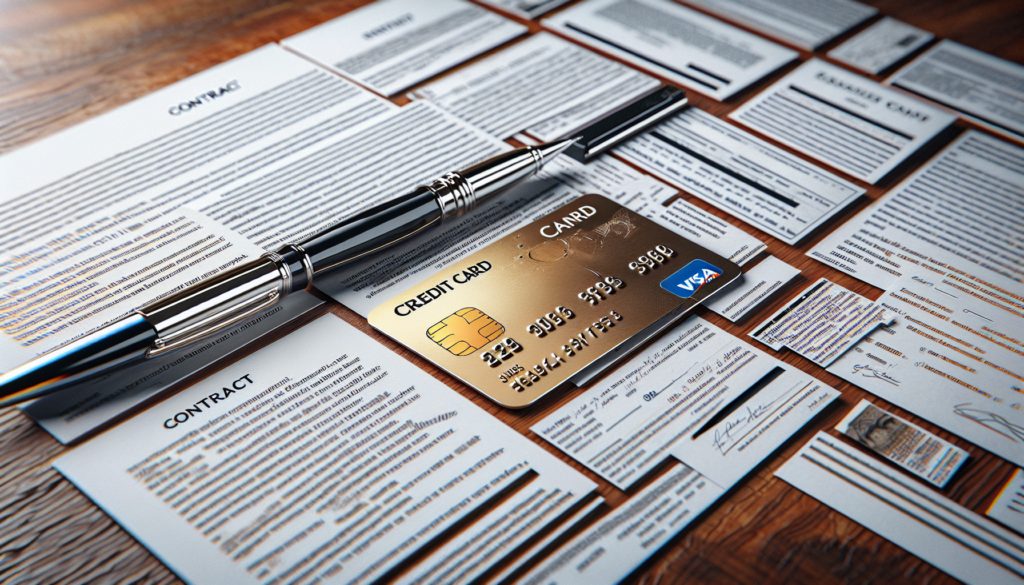
Filing for bankruptcy requires careful preparation and gathering of detailed financial information. If you’re looking to file quickly, organizing your documents and information beforehand is crucial. Here’s a comprehensive list of the information and documents you’ll need to gather:
Personal Identification
- Photo ID (driver’s license or passport)
- Social Security card or proof of your Social Security number
Financial Documentation
- Income Sources: Recent pay stubs (last six months), profit and loss statements if self-employed, and any other income documentation.
- Bank Statements: Copies of statements from all bank accounts for the last six months.
- Tax Returns: The last two years of tax returns, at minimum.
- Assets: Documentation of all assets, including real estate, vehicles, retirement accounts, stocks, and personal property of significant value.
- Debts: A comprehensive list of all debts, including credit cards, loans, medical bills, and any other obligations. Include creditor contact information, account numbers, and the amount owed.
- Monthly Living Expenses: Detailed list of monthly expenses such as rent or mortgage, utilities, food, transportation, insurance, and any other regular expenses.
- Property Valuations: Recent appraisals or estimates of the value of significant assets like your home or car.
- Credit Report: A current credit report can help ensure you’ve accounted for all creditors. You’re entitled to a free report annually from each of the three major credit bureaus.
Legal and Financial Obligations
- Lease Agreements: Copies of any lease agreements for your residence or other leased property.
- Loan Documents: Documentation for any outstanding loans, including mortgages, car loans, student loans, and personal loans.
- Court Orders: Any relevant legal documents, such as divorce decrees, child support orders, or judgments against you.
Additional Documentation
- Proof of Insurance: Information on your current insurance policies, including health, auto, and homeowner’s insurance.
- Retirement Accounts: Statements and balances of any retirement accounts, such as IRAs, 401(k)s, or pensions.
- Educational Accounts: Information on any educational savings accounts.
Steps to Take
- Credit Counseling: Before you can file for bankruptcy, you must complete a credit counseling course from an approved agency within 180 days before filing. Keep the certificate of completion as it must be filed with your bankruptcy petition.
- Consult with a Bankruptcy Attorney: While gathering your documents, it’s wise to consult with a bankruptcy attorney. They can provide a checklist of needed documents, help you understand the bankruptcy process, and advise on any additional information specific to your case.
Gathering this information can be time-consuming, but it’s a critical step in the bankruptcy process. Being organized and thorough with your documentation can expedite the filing process and help ensure your bankruptcy case proceeds smoothly. Consulting with a bankruptcy attorney can also provide valuable guidance and ensure that you have all the necessary information prepared correctly.

Get a Free Bankruptcy Case Evaluation